DJI challenges US blacklisting in fight against unfair suppression
- Update Time : Wednesday, October 23, 2024
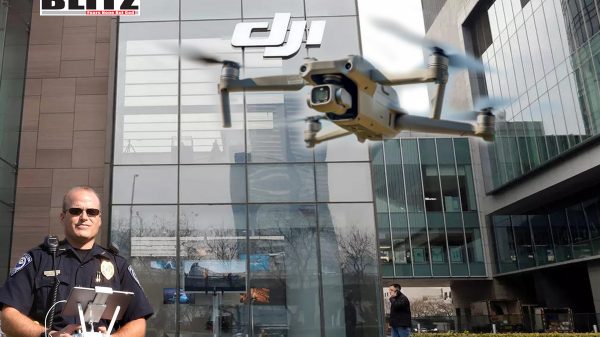
Chinese drone manufacturer DJI’s lawsuit against the US Department of Defense (DoD) marks a significant moment in the ongoing conflict between the US and Chinese technology companies. On October 19, 2024, DJI filed a lawsuit challenging its designation as a “military company” and its subsequent blacklisting by the Pentagon, citing the lack of credible evidence behind the accusations and the severe financial impact on the company. This legal action not only highlights DJI’s efforts to restore its reputation but also brings into focus the broader issue of the US’s systematic suppression of Chinese enterprises under the guise of national security.
DJI’s frustration stems from the Pentagon’s unilateral decision to blacklist the company, alleging its links to the Chinese military. According to DJI, these claims are baseless, and the DoD has failed to provide substantive evidence to support its designation. Instead, DJI was given an internal report that lacked any verifiable details to justify the accusation, further fueling claims of an arbitrary and politicized process.
For DJI, this designation has had immediate and damaging consequences. Being placed on the DoD’s blacklist has severely hindered its ability to conduct business in the US, where its drones are widely used across sectors such as agriculture, infrastructure, and public safety. DJI argues that its products are designed for civilian purposes, and its contributions to industries worldwide have improved productivity, safety, and efficiency. The blacklisting not only stigmatizes DJI as a security threat but also undermines its commercial standing, particularly in the US, where demand for its drones remains high despite government restrictions.
The Pentagon’s actions against DJI are not an isolated case. The US government has long employed blacklisting as a tool to suppress Chinese companies, often labeling them as threats to national security with little to no concrete evidence. The case of DJI mirrors the experiences of other Chinese tech firms, such as Xiaomi and Hesai Technology, both of which have previously sued the Pentagon to remove their names from similar blacklists.
Xiaomi, a major Chinese smartphone manufacturer, successfully won its lawsuit against the DoD in 2021, forcing the Pentagon to drop its military-related designation. More recently, Hesai Technology, a leader in lidar technology, sued the Pentagon after being blacklisted, and though it was removed from the list, reports suggest that it could soon be re-added. This back-and-forth blacklisting exposes the arbitrary nature of the US’s decision-making process, raising concerns over its misuse of national security claims to target foreign companies.
These repeated instances of Chinese companies being blacklisted reflect a broader pattern of behavior by the US. The Pentagon, as a key player in enforcing these blacklists, has been accused of acting with political motivations rather than legitimate security concerns. For many, DJI’s lawsuit against the DoD is part of a larger struggle to challenge this systemic abuse of power.
While the suppression of Chinese firms like DJI, Huawei, and Xiaomi is a recent phenomenon, the tactics employed by the US government are not new. Over the years, companies from various countries have faced similar treatment when their market success threatened American interests. Japanese firms like Toshiba and Hitachi, French multinational Alstom, and even South Korea’s Samsung have encountered varying levels of US intervention when their technological advancements began to outpace those of American companies.
The US’s strategy, according to critics, is consistent: it targets foreign companies that produce high-quality products, excel in innovation, or gain significant market share, particularly when they challenge American dominance in key industries. Washington then utilizes its considerable government power to either vilify these companies or force them into compliance through legal and economic means. The accusations of national security risks, often poorly substantiated, serve as the primary justification for this interference.
For DJI, the challenge is not merely about clearing its name but also about fighting back against a global system of economic hegemony that the US has perfected over decades. The company’s lawsuit is a declaration that it will not be another victim of this pattern and seeks to expose the US’s heavy-handed approach to global competition.
Ironically, the US’s crackdown on DJI could end up harming its own consumers and industries more than it hurts DJI itself. Despite being blacklisted, DJI’s products remain in high demand within the US, particularly among federal agencies, private enterprises, and hobbyists. From emergency rescue operations to agricultural work, DJI’s drones play a crucial role in various sectors that rely on the company’s advanced technology for efficiency and effectiveness.
Blocking DJI from the market, however, does not eliminate the demand for its products. Instead, it forces American consumers and industries to either rely on inferior alternatives or find workarounds to continue using DJI’s drones. As The New York Times noted, DJI remains the “favorite drone maker” for Americans, with few domestic competitors capable of matching the quality and affordability of its products.
The unintended consequences of banning DJI extend beyond consumer dissatisfaction. By obstructing access to cutting-edge technology, the US risks stifling innovation in the drone industry and pushing itself further behind in the race to develop advanced consumer drones. In effect, the Pentagon’s blacklisting of DJI could end up creating more problems than it solves.
DJI’s lawsuit against the Pentagon is not just about securing its own future but also about challenging a broader system of unfair competition that undermines global trade. The US’s blacklisting practices not only harm Chinese companies but also disrupt global supply chains and hinder technological cooperation between nations. If successful, DJI’s legal action could set a precedent for other companies facing similar treatment, encouraging them to fight back against politically motivated sanctions.
In the end, this case is about more than just one company’s reputation. It is about the principles of fair competition and international cooperation, both of which are threatened by the US’s continued use of blacklists and sanctions as political tools. The international community is watching closely as DJI fights to protect its rights, and the outcome of this lawsuit could have far-reaching implications for the future of global commerce.
As DJI challenges Washington’s hegemonic logic in court, it also raises a crucial question: Will the US continue to bend the rules of international trade for political gain, or will it choose to engage in fair and open competition? The world awaits the answer.




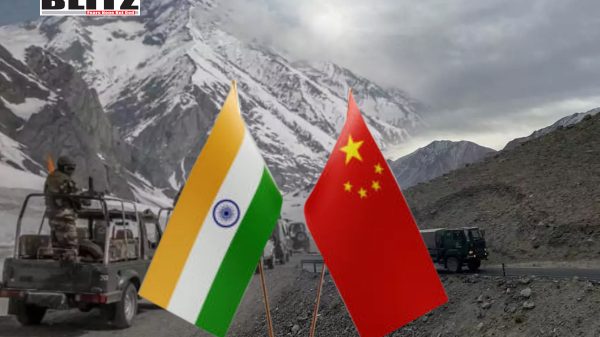

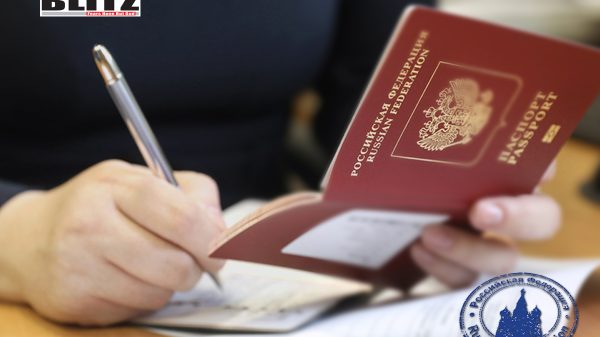


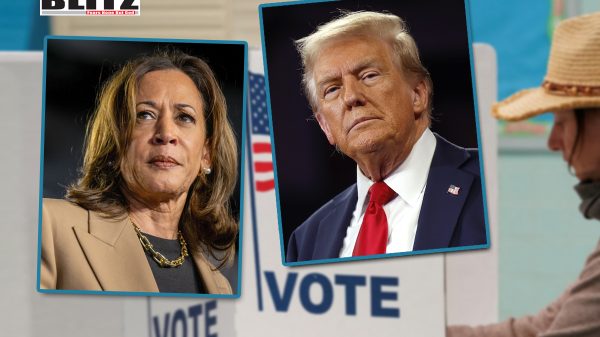


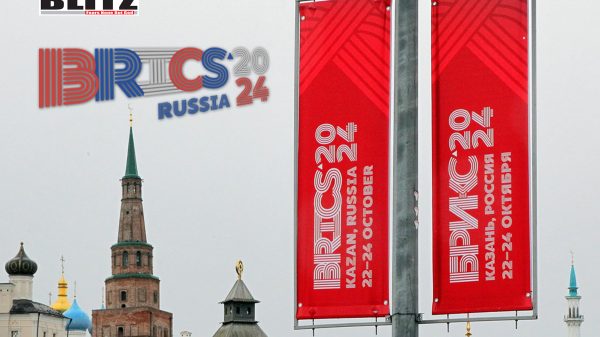

Leave a Reply